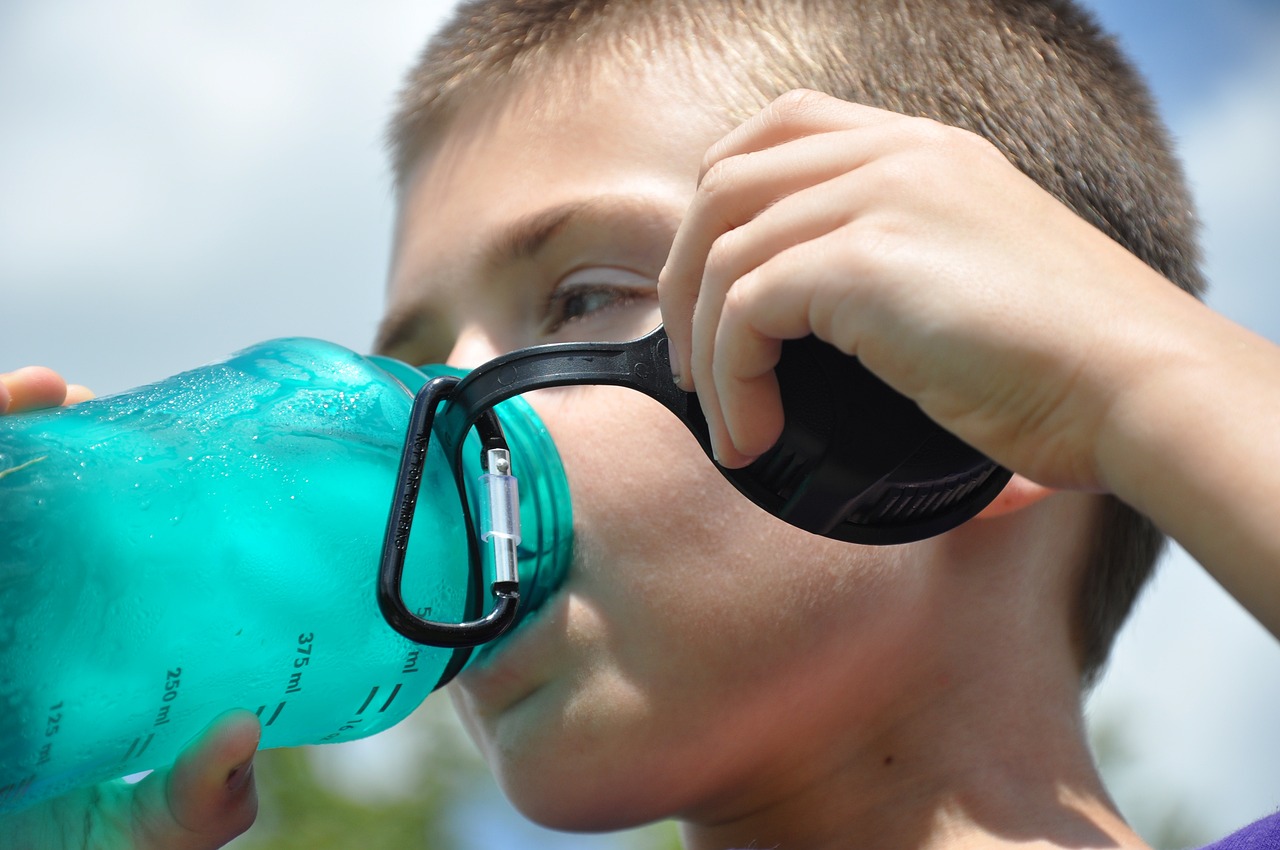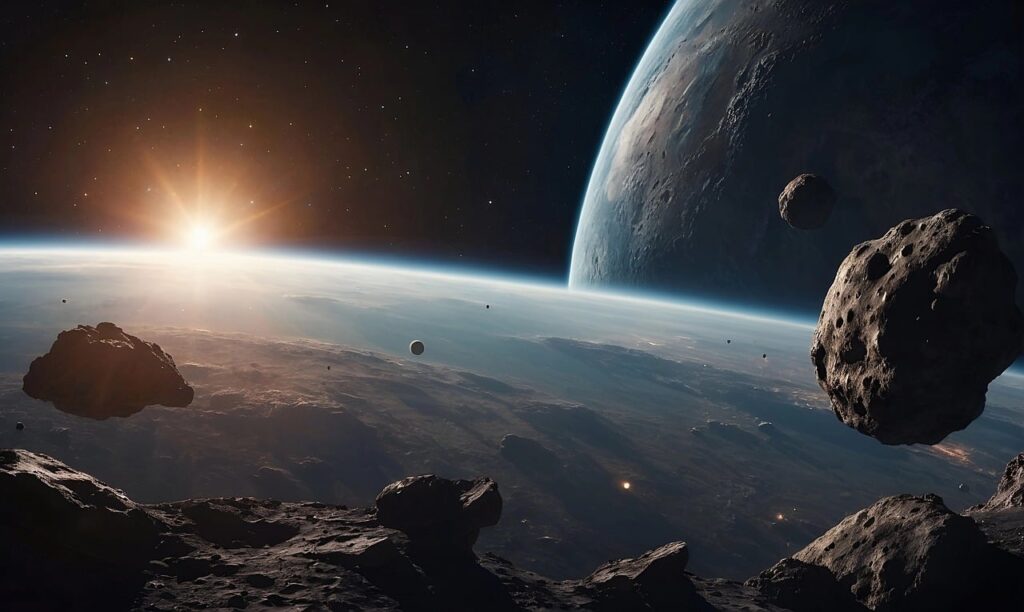Have you ever stopped to think about the weight of water? We talk about drinking water in liters or ounces, but rarely do we consider the heft of the H2O we’re guzzling down. Saying ‘I drank 2 pounds of water’ sounds more impressive than the mundane ‘I had a liter.’ It’s like comparing a 1-pound burger to a regular-sized slider – one just has more oomph, more wow factor. But before you start flexing your water-drinking muscles to impress your friends, let’s dive into the deep end and explore the weighty matter of water – both in perception and reality.
Hydration Hysteria: The Risks of Overdoing It
Let’s get our measurements straight. A liter of water weighs about 2.2 pounds. In a world constantly bombarded with diet tips and health hacks, the way we talk about what we consume can make a mundane activity feel like a Herculean feat. However, there is such a thing as over-hydration, or hyponatremia, which occurs when someone drinks so much water that it dilutes their body’s electrolytes, causing a sodium imbalance. This can lead to serious health issues like nerve and heart problems and, in extreme cases, can be deadly.
Over-hydration is rare but real, with only 14 confirmed deaths, all of athletes trying to boost their performance or prevent dehydration. The signs of over-hydration can be murky: cloudy thinking, nausea, muscle weakness, and severe symptoms like seizures, unconsciousness, and coma. The key to staying safe is listening to your body’s thirst signals and keeping an eye on the color of your urine, aiming for a light yellow hue.
Dehydration: The Real Bogeyman
Dehydration is the more common foe, causing symptoms like cloudy thinking, nausea, muscle weakness, and headaches. In severe cases, dehydration can lead to mental confusion and coma. The key to avoiding this is simple: listen to your body, drink when you’re thirsty, and aim for light yellow to clear urine. Drinking more than 1 liter of fluid per hour can overwhelm your kidneys, so pace yourself and avoid turning hydration into a high-stakes drinking game.
Hydration and Weight Loss: Navigating the Myths
There’s a tidal wave of advice about the benefits of drinking water for weight loss. Some say it can help burn calories, reduce hunger cravings, and replace sugary drinks. While water can be a helpful tool in your weight loss arsenal, it’s not a magic potion. Studies have shown that while drinking water can increase your metabolic rate and help you burn energy, the effect might not be as significant as we’d like. For instance, drinking cold water could increase your daily calorie burn by a mere 23 calories – about one bite of a cookie. Drinking water before meals to reduce appetite might work for some, but the evidence is mixed.

However, drinking water can help prevent long-term weight gain. One study showed that adding just one extra cup of water a day could help curb weight gain over time. Swapping sugary drinks for water reduces calorie intake, making water a trusty sidekick in weight management.
The Art of Balanced Hydration
The old ‘eight 8-ounce glasses a day’ rule is more of a guideline than a scientifically proven formula. Everyone’s water needs are different, depending on factors like activity level, climate, and overall health. The best advice is to drink enough to quench your thirst and keep your urine on the lighter side of the spectrum. Flexing your water-drinking muscles might impress your friends, but hydration is about balance. Too little water, and you’re parched and peaky. Too much, and you’re waterlogged and wobbly. So, let’s raise our glasses (or pounds) of water to smart, balanced hydration – the true unsung hero of our daily health routine. Cheers to that!
Related posts:
How Drinking More Water Can Help You Lose Weight





